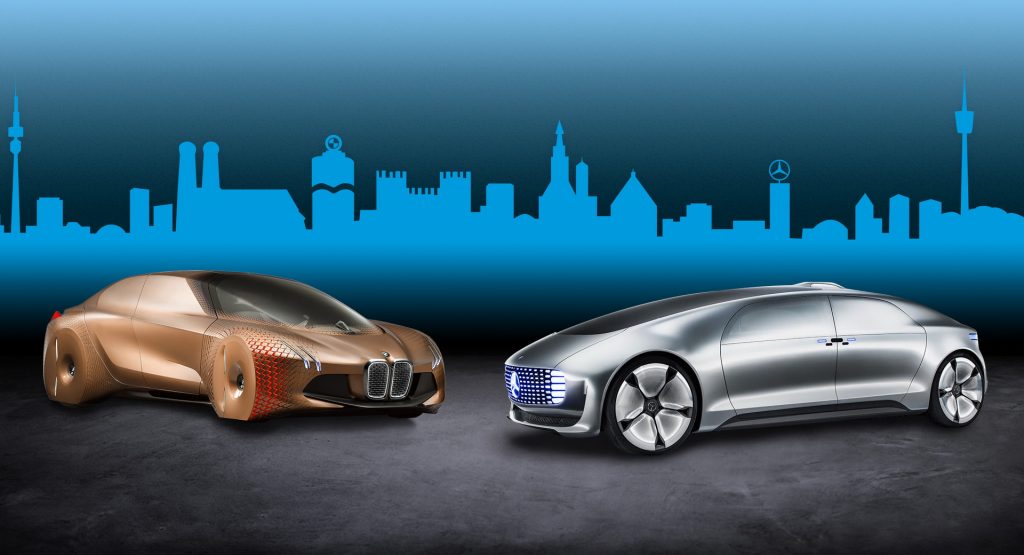Last summer, BMW and Daimler joined forces to co-develop next-gen autonomous driving and parking technologies, which would have been expected in passenger cars sometime in 2024 and beyond.
Now however, the two companies are putting their co-op on hold temporarily, choosing instead to focus on their own individual existing development paths, which may also include working with new partners.
Both carmakers did emphasize that their cooperation may be resumed at a later date and that their approach to safety in the field of automated driving “remains highly compatible.”
Read Also: Mercedes Teases The New S-Class, Promises It Will Be A “Technological Tour De Force”
“We have systematically further developed our technology and scalable platform with partners like Intel, Mobileye, FCA and Ansys,” said BMW board member Klaus Frohlich. “Our current technology generation offers very strong, sustainable potential: With extremely powerful sensors and computing power, our robust modular system puts us in an excellent position to offer our customers what they need for many years.”
Meanwhile, Daimler exec and Mercedes COO Markus Schafer, stated that his company’s expertise “compliments that of the BMW Group very well” and that aside from electric cars, “digitalization is a major strategic pillar for Mercedes-Benz.”
“To prepare for the future challenges of a rapidly changing environment, we are currently also sounding out other possibilities with partners outside the automotive sector,” he added.
In spite of this temporary self-driving tech development split, BMW and Mercedes will continue to work together in other fields. Back in 2015, the two joined forces with Audi in order to buy the HERE platform, whereas last year, BMW and Mercedes brought together their mobility services in a separate joint venture.




